As Australia's largest city, Sydney is theoretically a glittering international city.
But because of the heavy rain on New year's Eve, the last piece of shyness in people's hearts was torn off by the magnificent Sydney.
Australian media are even more outspoken.
Bluntly: "Sydney is over!"
So what is it that makes people so dissatisfied with Sydney?

Just in 2019, when the New year arrived, people gathered in the city center to celebrate the beginning of the new year.
In Sydney, one of the busiest days of traffic, the train system failed several times because of a sudden storm.
Thousands of New year revelers, waiting on the crowded platform for the never-coming train!
Infrastructure is too old, replacement costs are too high, and bad weather paralyzes the transportation system, and nothing more represents Sydney.
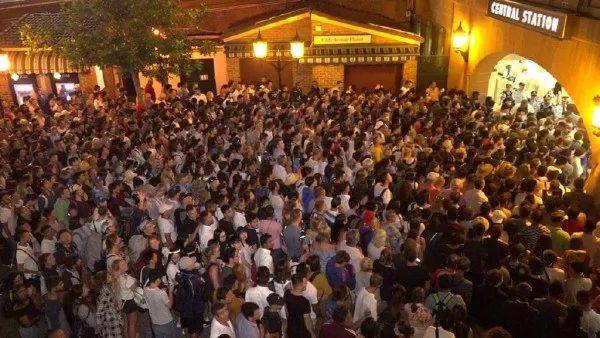
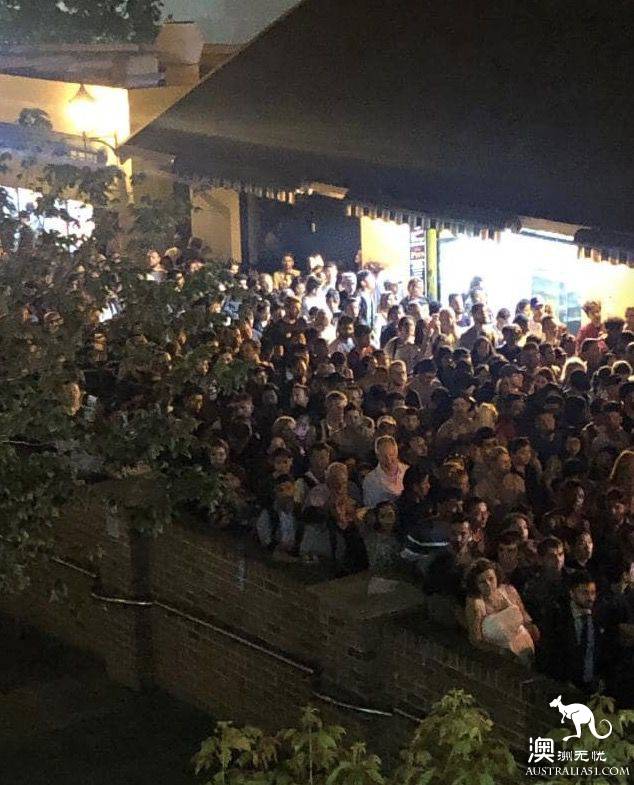
When the governor of the new state, Gladys Berejiklian, categorically refused to back the vote, Sydney was outraged, and people thought it was another reason for Sydney's fall.
People spend a lot of money living in Sydney. House prices and rents are much higher than in famous and expensive areas such as, New York and London. The overall cost of living is soaring and higher than in other state capitals, and the night life is stifling. All the shops are closed at night.
Road congestion, new state government think of a lot of ways to solve traffic congestion, but always exceeded budget, beyond schedule.
More and more people are bored and frustrated with Sydney, and locals are fleeing to other states at their fastest pace in years.
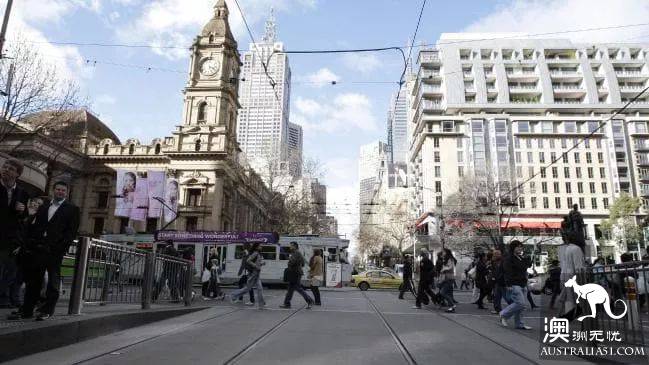
Statistics don't lie-Sydney is really bad right now.
What's the matter with sydney?
This serious problem?
Impression. today I will tell you all about the seven sins committed by Sydney!
One sin: people fleeing Sydney
In 2016-2017, more than 18,000 people fled the new state, the highest figure in five years, compared with just 15,900 in the previous year.
In last year's analysis, Leith van Onselen, chief economist at MacroBusiness, said: there have been many factors that have been "driving people out" of the new state.
"Sydney is already one of the world's most expensive places to live," said van Onselen. "Sydney is already one of the most expensive settlements in the world.
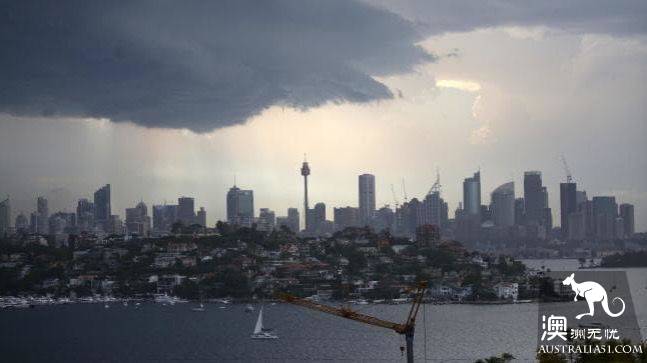
Many young people can no longer live in Sydney, so they are forced to leave.
Second, residency is being overcrowded by mass erosion, transportation, schools, hospitals, and all kinds of public services.
Sydney has long become an expensive place, not just because of high house prices, but because every aspect of life is not cheap.
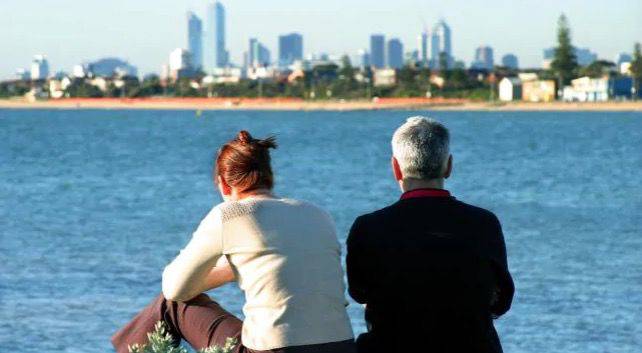
Melbourne has become the best place for Sydney to flee, adding 143400 last year, more than any other state combined.
Melbourne's total population is expected to surpass Sydney by 2026, with more than 6 million inhabitants.
When new states drain far more local people than other states, this is already telling, says van Onselen.
Who's the problem?
It goes without saying.
Two sins: very expensive cities
Sydney is now one of the 10 most expensive cities in the world, outpacing the expensive London and New York.
And the amount of money needed to live in Sydney is growing every year and growing at a high rate in many other big international cities.
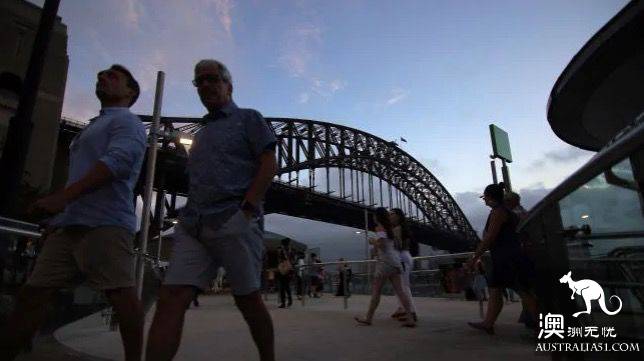
Budget Direct's comparison of Sydney and Melbourne found Sydney to be more expensive on almost every indicator, from housing to groceries and public transport.
Restaurants in Sydney, for example, are 2.6% more expensive than Melbourne, and average consumer prices such as clothing are 9.3% higher.
People living in Sydney are feeling a growing pressure on their lives.
Polls show that 80% of people believe the cost of living has increased over the past five years.
Three sins: a bleak Night Life
If it costs a lot to live in Sydney, but life is rich and interesting, it can be regarded as a good place to live.
At this point, then, Sydney is going to let everyone down again.
Living in Sydney may cost more, but less nightlife.
According to nightlife practitioners, the controversial curfew law seeks to protect staff in bars and clubs, but stifles dozens of places of nightlife.
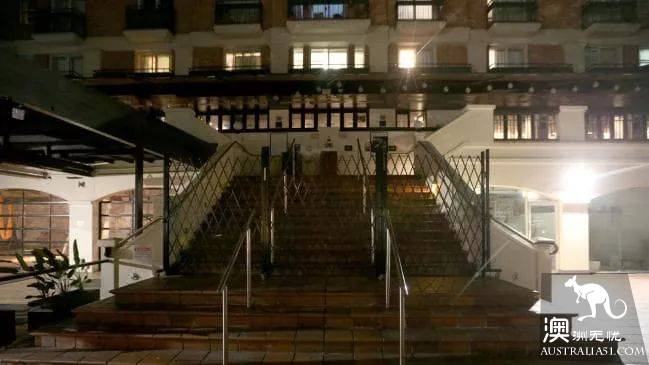
The organizer of the Keep Sydney Open group organization, Tyson Koh, says:
Some of the former hot spots, such as Darlinghurst and Kings Cross, now turn into ghost towns after dark.
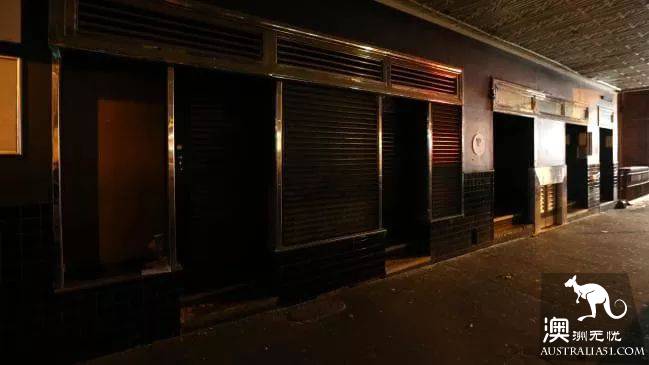
"Oxford St is basically empty, and the number of people going to Kings Cross is also drastically reduced. Once Kings Cross was a completely different place, and there was a lot of excitement there at night.
And now it's like a ghost town.
Unfortunately, some businesses are out of business and forced to close. There are still a few families that are still struggling, and they are almost out of it. "
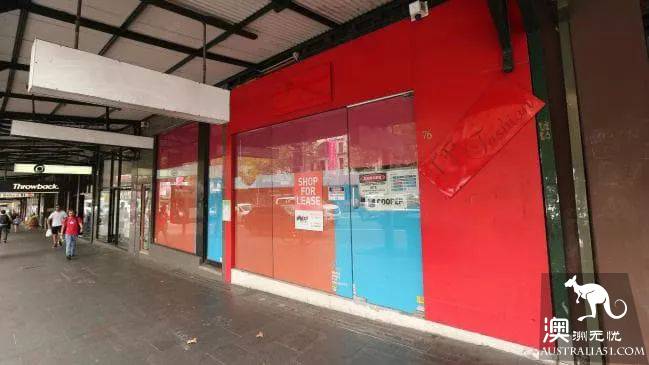
Even turning an area into a ghost city, hospitals such as the state of government and St Vincent's insist that curfews reduce alcohol-related violence.
Reducing violence conflict is a good thing, but people living in Sydney can only watch TV at home and eat potato chips at night.
Four crimes: housing nightmares
Sydney's house prices have fallen at almost the fastest rate in Australia, but it is still hard to afford such expensive prices.
Data show that people who want to buy a separate house must earn A $ one hundred and sixty one thousand eight hundred and fifty eight in order to buy a house without mortgage pressure.
Or an annual salary of A $12.1026 to buy an apartment without mortgage pressure.
"Mortgage pressure means that 30 percent or more of pre-tax income is used to repay loans," explained Sally Tindall, head of research at RateCity.com.au.
"everyone has a big push bill to pay, food to eat, children to education, and people are trying to live in this city.
When you pay back more than 30% of the loan, that means it's hard for you to save the extra money. "
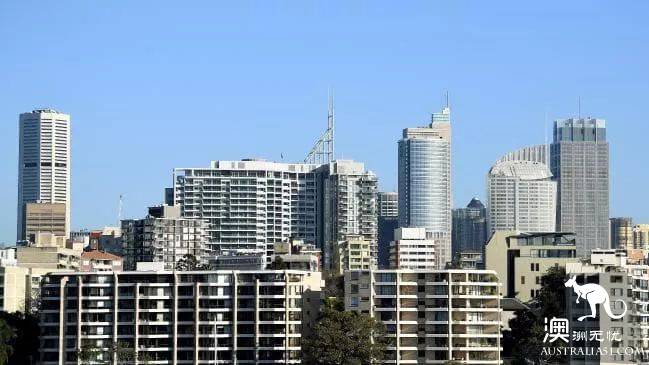
Not only are homebuyers struggling, Sydney's rents are much higher than in other Australian cities, with a median weekly rent of A $550 for apartments and A $600 for independent homes.
According to the analysis of the consumer comparison website finder.com.au:
Sydney people pay an average of A $3500 a month in urban areas close to the city and as much as A $2750 in slightly more remote parts of the city.
Sydney's rental costs are 43.2 percent higher than those of Melbourne, according to Budget Direct statistics, which is an important reason why many people can't save their money.
Five crimes: terrible traffic
On New year's Eve, Sydney experienced chaos, train service stopped, thousands of people crowded on the overcrowded platform, and this was not the first time.
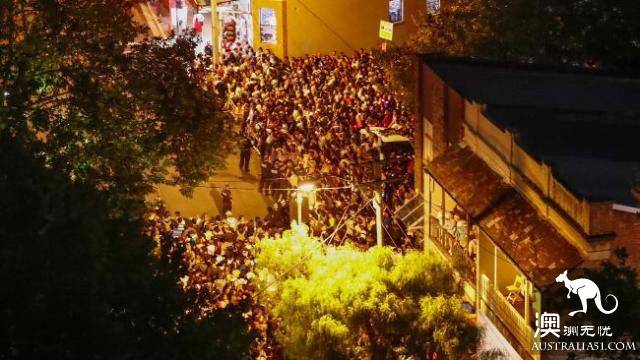
Throughout 2018, many problems caused chaos in train, ranging from IT problems and defective system upgrades to heavy rains and lightning strikes.
There are a thousand reasons to mess up your train timetable!
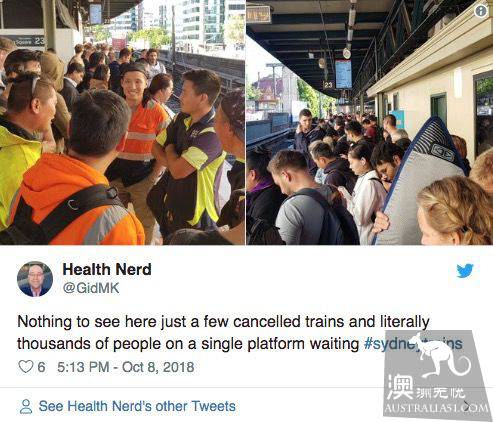
The new timetable introduced last year triggered days of chaos, "indefinite delays" and staff shortages, many jobs that didn't come and take over at all, and even employees who didn't know if they were going to work that day.
Those who end up injured are passengers who need to travel!
The union blamed government for not training enough new drivers.
In addition to the sometimes chaotic internal management, the other thing that broke the Sydney people was that it went straight out of business from time to time!

On Thursday morning, passengers along Sydney's North Shore train were trapped for hours as the track was under construction.
Many travelers are forced to plan change trips halfway!
Stranded passengers complained on social media about the shortage of bus transfers.
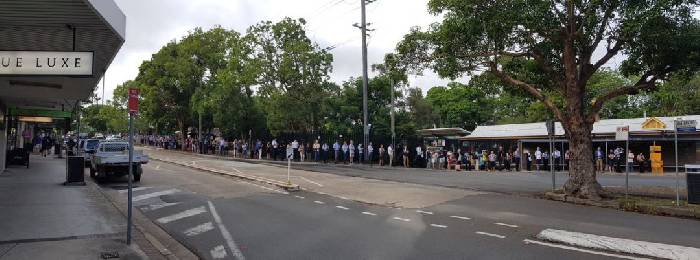
Because the bus leaves for a long time, the waiting time of passengers is up to one and a half hours. And the line of people waiting for the car can not see the end of a glance.
The queues at Gordon and Turramura have reached 200m.
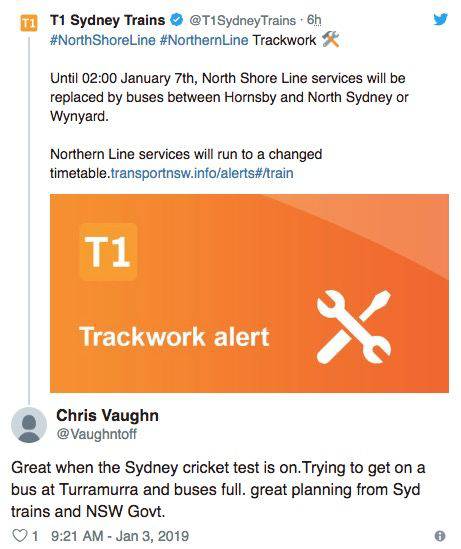
The Sydney Railway Authority has warned that the T1 line on Thursday morning has changed and that the bus will replace Hornsby to North Sydney or Wynyard train.
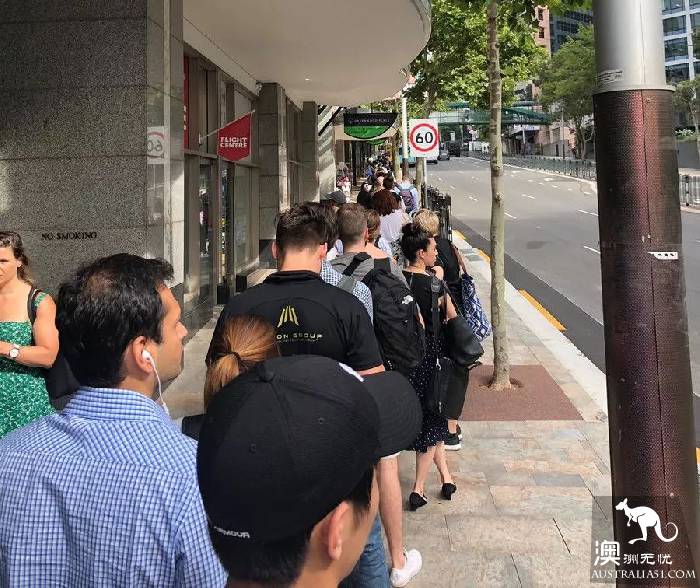
And it seems that train in Sydney's North District will not reopen until Sunday. And this is the third day of the New year, and it has already started to go wrong.
Although Sydney Traffic minister apologized for Thursday morning's sudden outage, no one can count how many such incidents happen in the course of the year.
In many cases, authorities advises passengers not to sit on train when the system is down and postpone all unnecessary travel.
When traffic is overburdened or unable to cope with bad weather, prolonged delays have become the norm, and ultimately Sydney people.
Six crimes: poor infrastructure
George St, in the heart of Sydney's CBD, was once a busy activity area in the heart of the city, with shoppers and pedestrians crowded with sidewalks.
Businesses here have been stuck in traffic jams for years because of high budgets and past light rail projects.
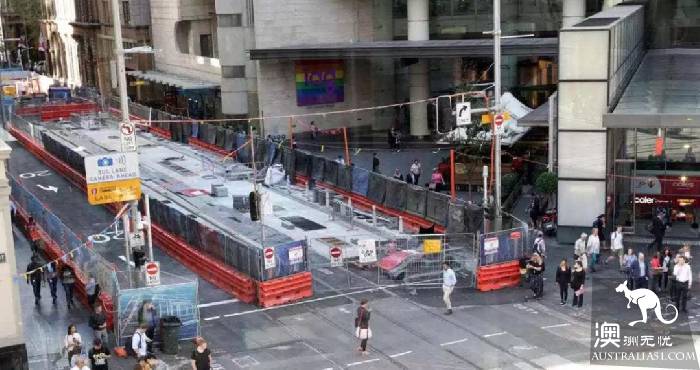
The cost of a light rail project surged from A $1.6 billion to A $2.1 billion.
The troubled light rail project, originally scheduled to be completed in a few months, will not end until at least 2020.
Always exceed budget, always exceed schedule, this is the biggest characteristic of Sydney infrastructure.
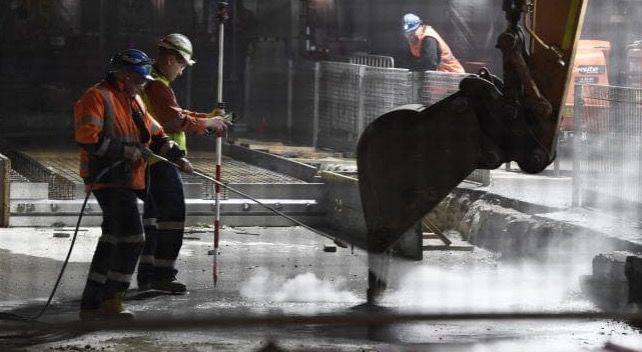
In addition to Sydney's CBD Light Rail, the more complained about is probably WestConnex..
WestConnex, Australia's largest road infrastructure project, has also been plagued by problems, with government announcing a 51 percent sale a few months ago.
Christopher Standen, a transport analyst at the University of Sydney, said the move was "the largest abuse of public funds in Australian history for the benefit of the company".
New state government has invested A $23 billion in cash, public assets, authorized works and incentives on the WestConnex project.
"finally, as part of the sales deal. Government agrees to reinvest A $5.3 billion in sales revenue to WestConnex. By selling a majority stake, it took back only A $4 billion.
This means an economic return of only 34 cents for every Australian dollar spent. "
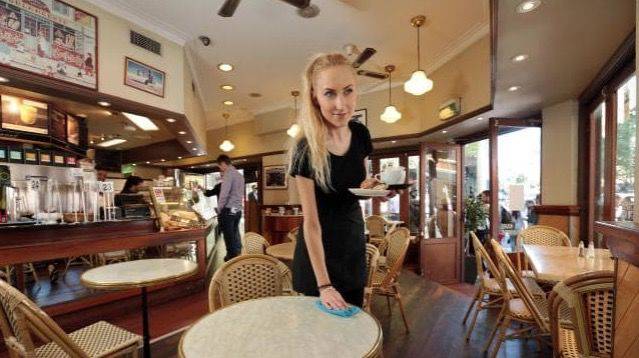
Taxpayer's enormous costs and overall losses.
The number of people who can use this road may be much less than expected, and the benefits to people are limited.
Instead, additional traffic from WestConnex will cause more road congestion, traffic noise and air pollution in Sydney's metropolitan area.
Sydney wanted to improve its infrastructure, but it often failed to do so, spending a lot of wrong money.
Seven crimes: Dog-whistle political debate
Remember the first of Sydney's seven sins?
Despite a massive exodus from the new state, new state governor Berejiklian is calling for a significant reduction in the number of immigrants.
Because she thinks the new state's population is already in "out of control".
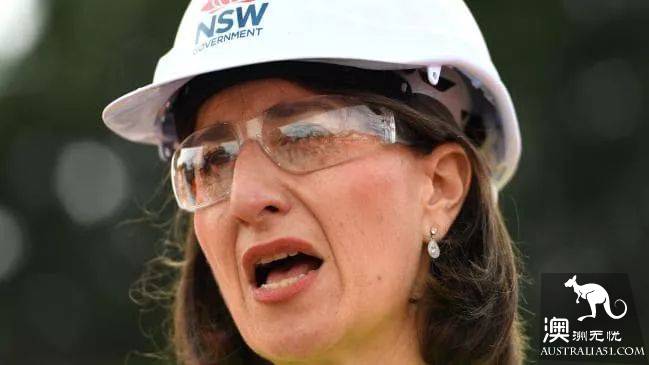
She told the Daily Telegraph:
"it's time to put the brakes on. It's time to start controlling immigration. We should go back to Howard's new state."
Too much immigration leads to inadequate infrastructure, which is one of Australia's favorite words from government!
But after reading the fifth and sixth sins, isn't it too bad to do it yourself?
At the same time, the analysis showed that the level of permanent migration remained unchanged, the net increase in emigration abroad was mainly driven by international students.
The students contribute billions of dollars a year to the economy, experts say, and reducing immigration could have unexpected economic implications.
However, the new state government still advocates that too many immigrants cause traffic congestion, but never think about the benefits they bring.
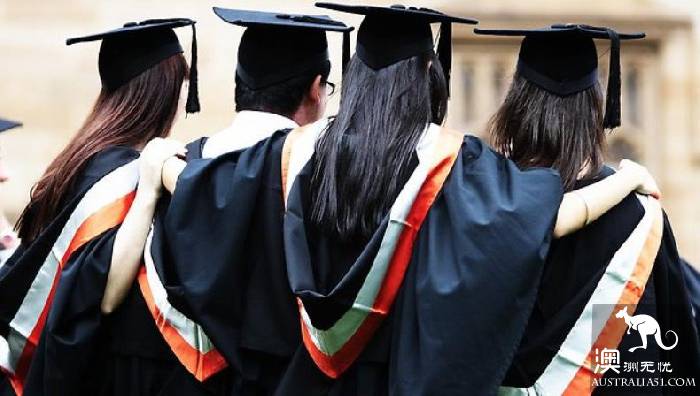
Given the current state of chaos, Dr. Shane Geha, a planning expert, said:
Emigration is the strength to save Sydney, not to weaken Sydney!
Geha said: "I understand that there is a strong advocacy to reduce immigration and slow population growth, but it is wrong that our future depends on immigration.
Strong population growth and high density of life are the solution to the problem, and any proposal to the contrary is nonsense. "
New state government, however, favours immigration for the sake of the vote, while enjoying the vast benefits of immigration behind its back.
Impression conclusion
As we live in Australia, live in Sydney, the bottom of our hearts is hoping that the city we live in can be better!
The Australian media's own summary of Sydney's seven sins illustrates how disappointed people are about Sydney.
Is Sydney really an international metropolis? Even in Sydney, we can't agree with each other. We can only keep ourselves further behind.
We love Sydney, but if it goes on like this, Sydney will really be over.